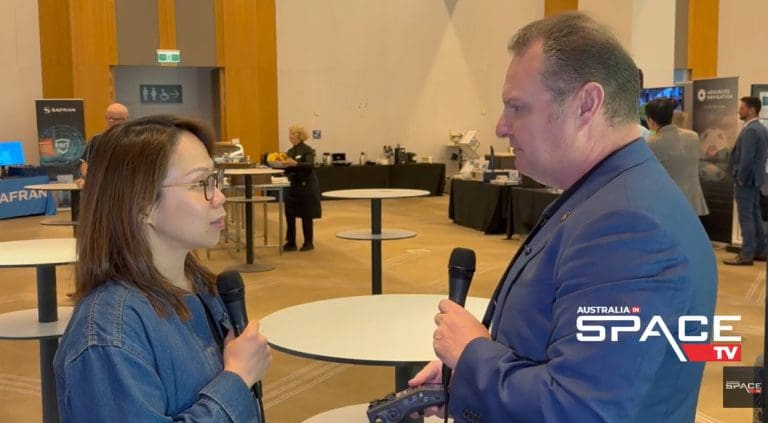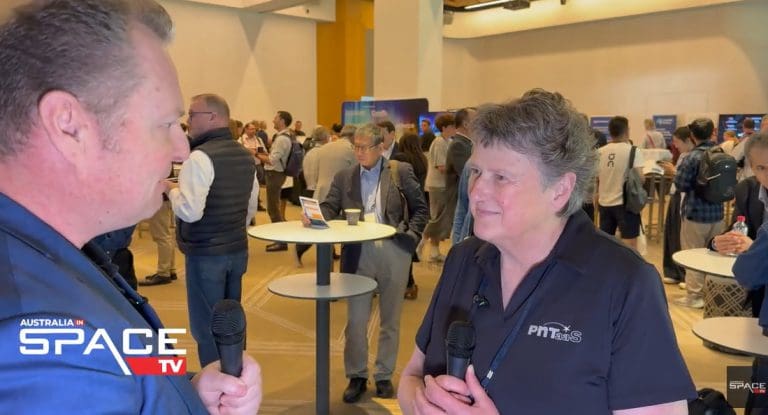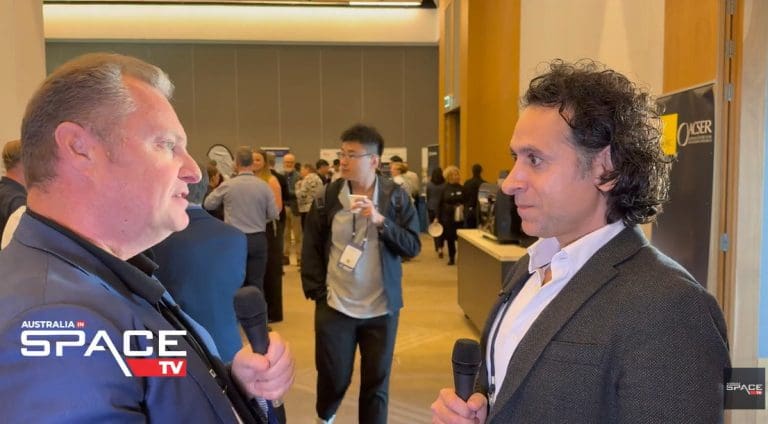We speak with Ian Christensen, Senior Director, Private Sector Programs at the Secure World Foundation.
Orbital debris and orbital crowding mean that owners and operators of satellites and spacecraft need information on the objects orbiting nearby in order to avoid collisions like that experienced between Iridium 33 and Cosmos 2251. Several States and satellite owner-operators monitor the location of objects in space, but only in limited ways—the “big picture” is not fully known by all.
The most robust understanding of the near Earth space environment is obtained by the United States military’s Space Surveillance Network, which tracks about 22,000 man-made objects in Earth orbit (as of 2012). Because of national security sensitivities, the United States has been reticent to allow owner-operators around the world to tap the information, although it does provide some services to share SSA information and to provide warnings of potential collision to satellite operators throughout the world. In order to enable many safety and sustainability initiatives to be effective, a certain amount of orbital data will need to be available to all users of Earth orbit.
The 6th Summit for Space Sustainability, 11 – 12 July, 2024 in Tokyo is a high-level, multi-day policy forum designed to highlight opportunities and challenges for developing solutions for space sustainability. This year, it is co-hosted by the Secure World Foundation and Cabinet Office, Space Policy Secretariat, Government of Japan.
To find out more, visit https://www.swfsummit.org/
#australiainspacetv #swf #spacesustainability #ssa #adr #spacedebris




